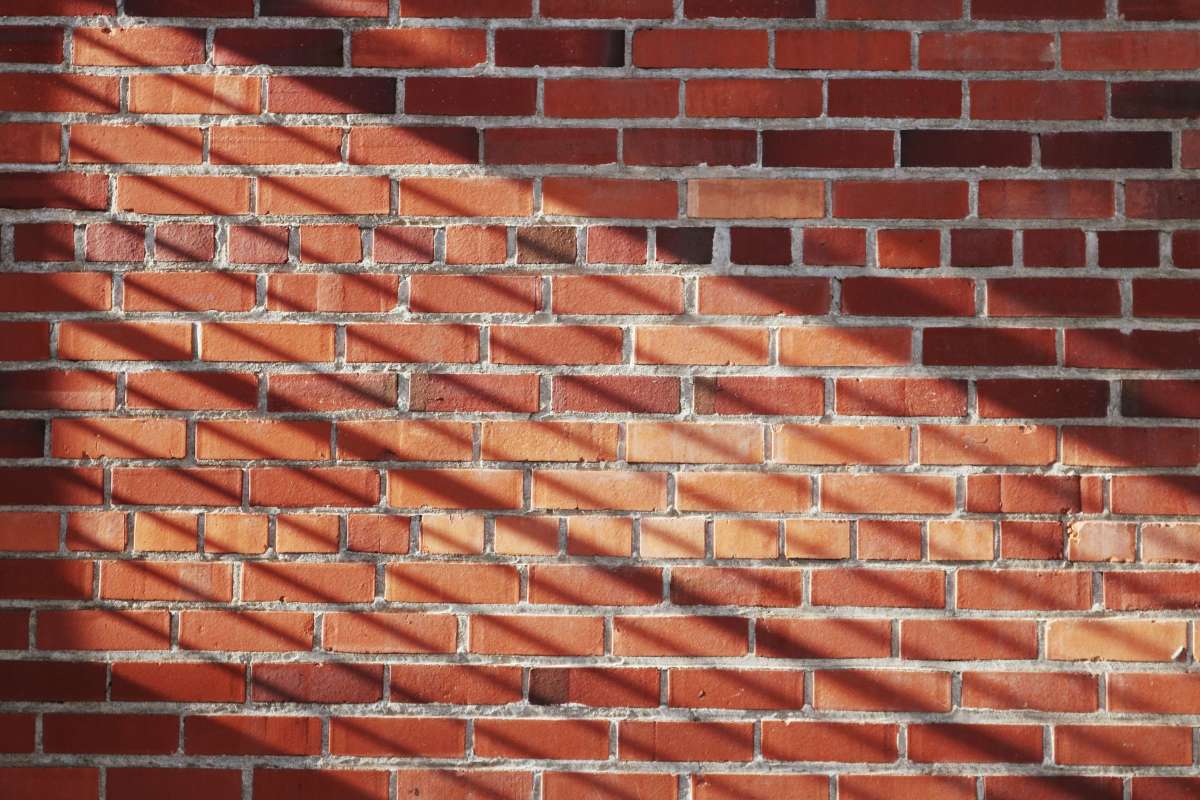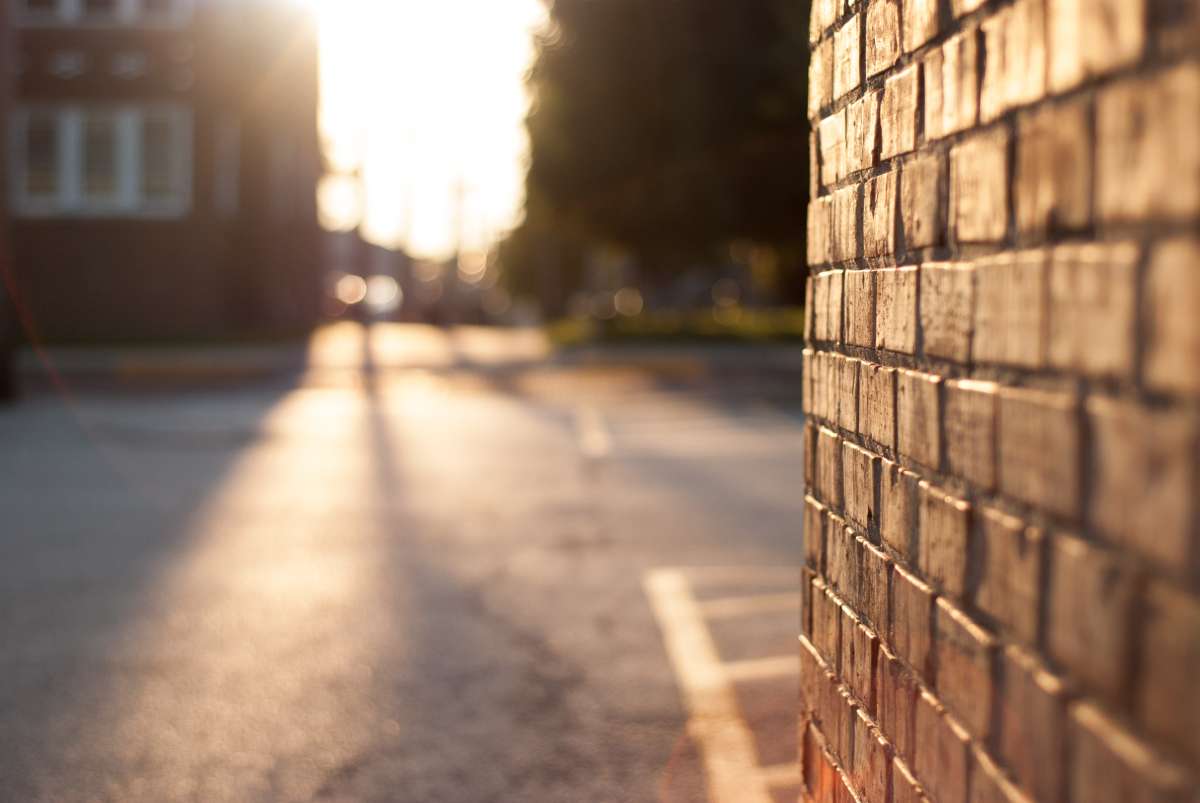When protecting outdoor brick surfaces, waterproofing is often a key consideration. While durable, brick is a porous material that can absorb moisture, leading to damage from weather exposure, freeze-thaw cycles, and chemical substances like salt or oil.
This guide focuses on why waterproofing is essential, the types of sealers available, and how to choose and apply the right product for your needs. Waterproofing enhances the longevity of the brick, preserves its appearance, and reduces maintenance over time.
Let’s get straight to the point.
When waterproofing brick surfaces, choosing the right sealer is crucial to protect against moisture, weather, and wear. Silane/siloxane sealers offer deep penetration and long-lasting protection without altering the brick’s appearance, making them ideal for extreme weather conditions.
Acrylic sealers are cost-effective but require more frequent reapplication, while epoxy and polyurethane sealers provide durable surface protection with a glossy finish. When selecting a product, consider factors like climate, desired finish, longevity, and ease of application, and ensure proper maintenance for long-term effectiveness.
Types Of Brick Waterproofers
Several types of waterproofing solutions are available for brick surfaces, each with benefits. The choice of product largely depends on the specific needs of your brick surface, the climate, and how much protection is needed.

1. Silane/Siloxane Sealers
Silane/siloxane sealers are the best products for waterproofing brick surfaces. These penetrating sealers soak deep into the brick, creating a long-lasting hydrophobic barrier beneath the surface that effectively repels moisture.
Unlike other sealers, they do not leave a shiny finish, making them an excellent choice for those who wish to preserve the brick’s original, natural appearance. This feature makes them ideal for outdoor brick structures where aesthetics are a priority.
- Pros: They provide excellent water repellency while allowing the brick to “breathe,” meaning trapped moisture can escape rather than being locked in. Silane/siloxane sealers last longer and are highly effective at protecting against efflorescence and freeze-thaw damage.
- Cons: These sealers can be more expensive than other types and, depending on weather conditions, may require reapplication after several years.
2. Acrylic Sealers
Acrylic sealers offer surface-level protection, forming a thin film on top of the brick. Acrylic sealers are popular for their ease of application and cost-effectiveness, making them a practical choice for homeowners.
They can be water—or solvent-based, with solvent-based versions providing longer-lasting protection. While they don’t penetrate the brick-like other sealers, they effectively repel water and dirt, enhancing its appearance and extending its lifespan.
However, they require periodic reapplication to maintain their effectiveness.
- Pros: They enhance the brick’s colour and provide a slight gloss, which some homeowners find visually appealing. They are also easy to apply and typically more affordable.
- Cons: Acrylic sealers may require more frequent reapplications (every 2–5 years) and are less breathable, which can trap moisture if not applied correctly.
3. Epoxy Sealers
Epoxy sealers are strong and durable, forming a protective layer on the brick’s surface. They are known for their excellent resistance to abrasion, chemicals, and UV rays, making them ideal for high-traffic areas or industrial settings.
Epoxy sealers are typically two-part systems that require mixing before application. They create a hard, glossy finish. While they offer superior protection, they can be more expensive and require specialised application techniques, making them less common in residential settings.
- Pros: Epoxy sealers are extremely durable and chemical resistant, ideal for areas exposed to high moisture levels or corrosive substances.
- Cons: They are typically more expensive and can change the appearance of the brick by adding a shiny, plastic-like finish.
4. Polyurethane Sealers
Polyurethane sealers form a thick, protective coating on the brick’s surface, similar to epoxy sealers. They are known for their durability and resistance to abrasion, making them suitable for outdoor applications like patios and driveways.
Polyurethane sealers are also highly water-resistant, preventing moisture from penetrating the brick and causing damage. They offer a long-lasting protective barrier, enhancing the brick’s appearance and lifespan.
However, they can be more expensive than acrylic sealers and require careful application to ensure proper coverage.
- Pros: Highly durable and resistant to damage, polyurethane sealers provide long-lasting protection against moisture and wear.
- Con: These sealers can alter the appearance of the brick, giving it a glossy finish, and they may be more difficult to apply compared to other types of sealers.
Choosing The Right Brick Waterproofing
When selecting the right waterproofing product for your brick surfaces, it’s essential to consider a few key factors:
1. Climate Conditions
The climate in your area significantly impacts the choice of brick waterproofer. In regions with extreme weather, such as frequent freeze-thaw cycles, a silane/siloxane sealer is ideal.
This sealer penetrates deep into the brick, offering long-lasting protection against water absorption, which helps prevent cracking due to freezing water expanding within the bricks.
A stronger water-resistant product might be needed to prevent continuous moisture buildup in humid or rainy climates. Understanding your local weather conditions is crucial for choosing an effective waterproofing solution.
2. Desired Finish
The appearance you want for your brick surfaces is key in selecting a waterproofing product. Suppose you prefer to maintain the natural look of the bricks; a penetrating sealer such as silane/siloxane is ideal, as it offers invisible protection without altering the surface.
A low-gloss acrylic sealer works well for those who want to enhance the aesthetic appeal with a subtle sheen. However, if you’re aiming for a glossy, wet look, epoxy or polyurethane sealers provide a shiny, durable finish, adding a decorative touch to the brick.
3. Longevity
When choosing a brick waterproofer, longevity is a vital consideration. Silane/siloxane sealers, known for their durability, can last up to 10 years before needing reapplication, making them a cost-effective solution over the long term.
On the other hand, acrylic and polyurethane sealers offer good protection but typically require reapplication every 2–5 years, especially in high-exposure areas. Balancing the initial cost with the product’s expected lifespan will help you choose a waterproofer that fits your maintenance preferences and budget.
4. Ease Of Application
Ease of application is an important factor, especially for DIY projects.
Acrylic and water-based sealers are generally easier to apply, making them suitable for homeowners looking to handle the job themselves. These products usually require minimal tools and dry relatively quickly.
In contrast, though highly effective, solvent-based or epoxy sealers may involve more complicated application processes and are often best left to professionals due to the need for special tools, safety precautions, and a more controlled application environment. Choose based on your skill level and project complexity.
Conclusion
Choosing the best brick waterproofer depends on the climate, desired finish, longevity, and ease of application.
Silane/siloxane sealers offer deep, long-lasting protection without altering the appearance, making them ideal for harsh weather conditions. Acrylic sealers are more affordable and easy to apply but require frequent reapplication.
Epoxy and polyurethane sealers provide strong surface protection with a glossy finish but can be more expensive and challenging to apply. Regularly selecting and maintaining the right product will protect your brick surfaces for years.
FAQs About Brick Waterproofer
What Is A Brick Waterproofer?
A brick waterproofer is a protective sealant applied to brick surfaces to prevent water from penetrating. It helps maintain bricks’ structural integrity and reduces moisture-related damage, such as cracks, efflorescence, and mould growth.
How Long Does Thompson’s Water Seal Last On Brick?
4 years: Water Seal can only be used on bare and uncoated brick, stone, or concrete. If applied correctly, It will last up to 4 years.
Does Brick Waterproofer Change The Appearance Of My Bricks?
Most brick waterproofers are designed to be clear and do not alter the appearance of your bricks. However, some products may add a slight sheen or darken the bricks slightly. Always test a small area before applying it to the entire surface.
Can Brick Waterproofer Be Applied To Painted Bricks?
Brick waterproofer should generally be applied to unpainted bricks for maximum effectiveness. If the brick surface is already painted, the waterproofer may not penetrate properly. It’s best to consult the product’s instructions or a professional.
How Do You Waterproof Masonry Walls?
Surface repellents for concrete masonry-typically silicones, silanes, and siloxanes-provide waterproofing at the exterior of the wall assembly. They are applied by a roller or spray equipment after the mortar has been cured. The product is absorbed into the units and mortar and coats the pores.


